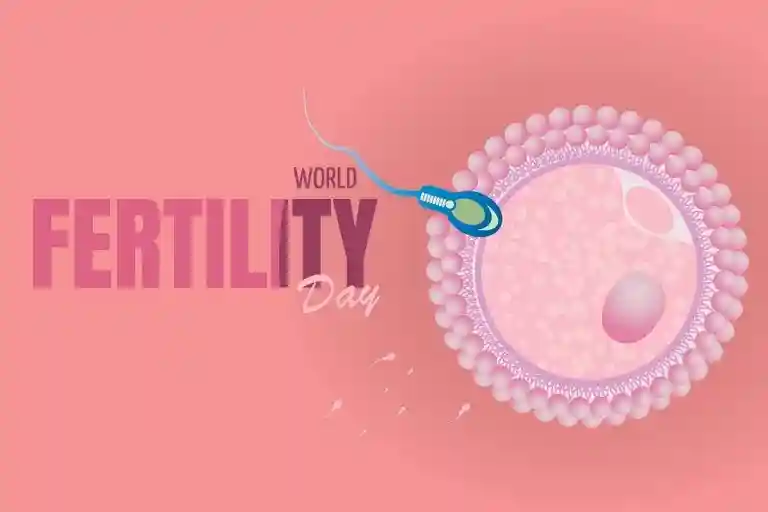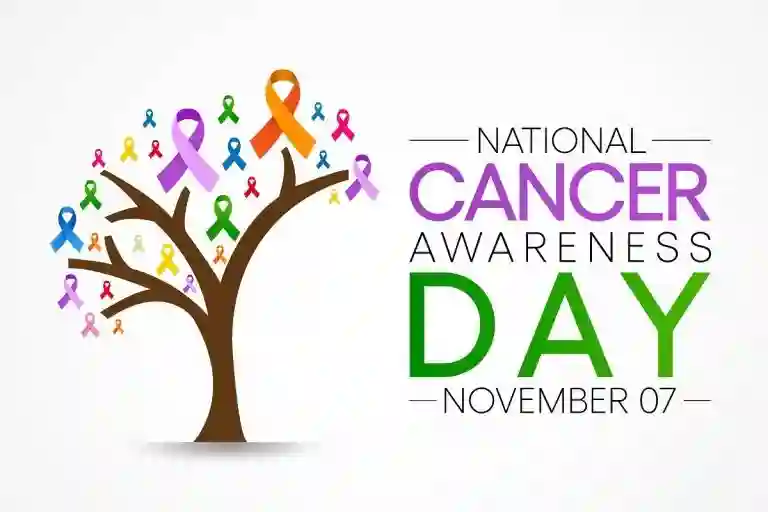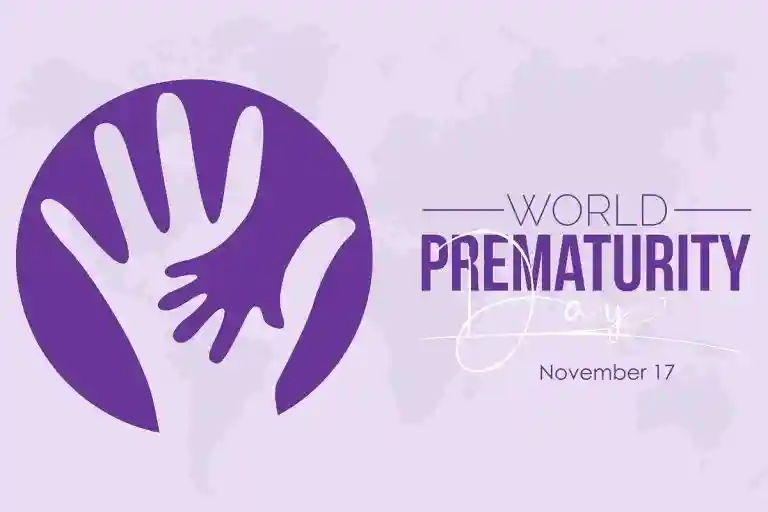Infertility affects everyone, regardless of gender, colour, or country of origin. The International Committee for Monitoring Assisted Reproductive Technologies (ICMART) defines infertility as ‘a disease characterised by the failure to establish a clinical pregnancy after 12 months of regular, unprotected sexual intercourse or due to an impairment of a person’s capacity to reproduce either as an individual or with his/her partner.’ Infertility struggles may be perplexing and emotionally alienating. Because of this, it’s crucial to spread awareness about infertility, which is why we observe World Fertility Day.
World Fertility Day is a globally recognized occasion that sheds light on the intricate web of factors surrounding fertility and emphasizes the importance of reproductive health and family planning. This annual event, hosted by IVF Babble and held on November 2nd, strives to increase knowledge of, empathy for, and support for those going through the very difficult process of conception.
History of World Fertility Day
IVF Babble launched the first World Fertility Day on November 2, 2018. The group was founded by Sarah and Tracy, who utilized IVF technology to have children. The group aimed to discuss their fertility issues and the difficulties they experienced during their IVF journey. With the number of infertility cases increasing rapidly, it is a growing problem nationally and worldwide. International Fertility Day provides individuals with a platform on the international stage, where annual awareness programs on topics like fertility are held.
Importance of World Fertility Day
World Fertility Day serves a vital role in contemporary society. It offers a platform to address issues related to fertility and reproductive health that are often brushed under the rug. Here’s why this event is of paramount importance:
- Awareness and Education – World Fertility Day educates individuals about fertility preservation, family planning, and reproductive health. By dispelling myths and taboos, it empowers people to make informed decisions about their fertility.
- Reducing Stigma – Infertility carries a significant social stigma, often causing emotional distress and isolation. World Fertility Day works to normalise conversations about infertility, providing emotional support to those affected and reducing societal judgement.
- Fertility Preservation – As more individuals are delaying family planning, fertility preservation becomes crucial. World Fertility Day encourages people to consider their reproductive options and plan for the future.
- Equality and Inclusivity – The observance promotes equal access to fertility treatments and support regardless of gender, age, sexual orientation, or socioeconomic status. It advocates for inclusivity and diversity in fertility care.
World Fertility Day 2024 in India
Due to India’s rich cultural and socioeconomic diversity, World Fertility Day holds particular significance for the nation. It provides an opportunity to address numerous challenges and misconceptions related to fertility and promote a holistic approach to fertility awareness in India. In India, this day is marked by various activities, seminars, and workshops aimed at educating individuals about reproductive health. Experts from the fields of medicine and psychology discuss common fertility challenges, available treatments, and the emotional aspects of infertility. Young individuals contemplating family planning choices, couples attempting to conceive, and medical experts seeking to advance their expertise often participate in these events.
How Serious is Infertility?
Over 180 million couples in low- and middle-income nations grapple with infertility. According to the World Health Organisation (WHO), in some societies, a girl with reproductive issues may face stigmatisation as being unmarriable and a burden on her relatives and community. Furthermore, because infertility and childlessness are considered taboo in some countries, a woman unable to conceive is likely to endure severe mental anguish. She may have to cope with social and psychological consequences, gender-based abuse, and may even be abandoned by her family if the repercussions are significant.
Wockhardt Hospital – Understanding of the Importance of World Fertility Day 2024
Wockhardt Hospitals has been at the forefront of recognizing the significance of World Fertility Day. We are aware of the severe consequences that issues related to infertility may have on individuals and families. Wockhardt Hospitals is committed to providing assistance to individuals and couples experiencing difficulty in conceiving. This support goes beyond medical treatment and includes emotional and psychological support to help individuals cope with the emotional strain of infertility. We are making substantial contributions to the cause of fertility awareness and support.


















